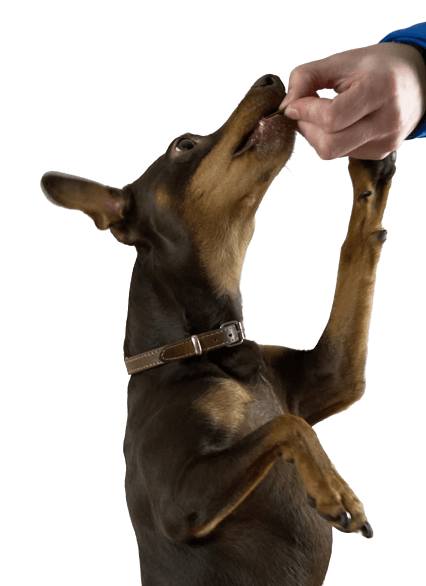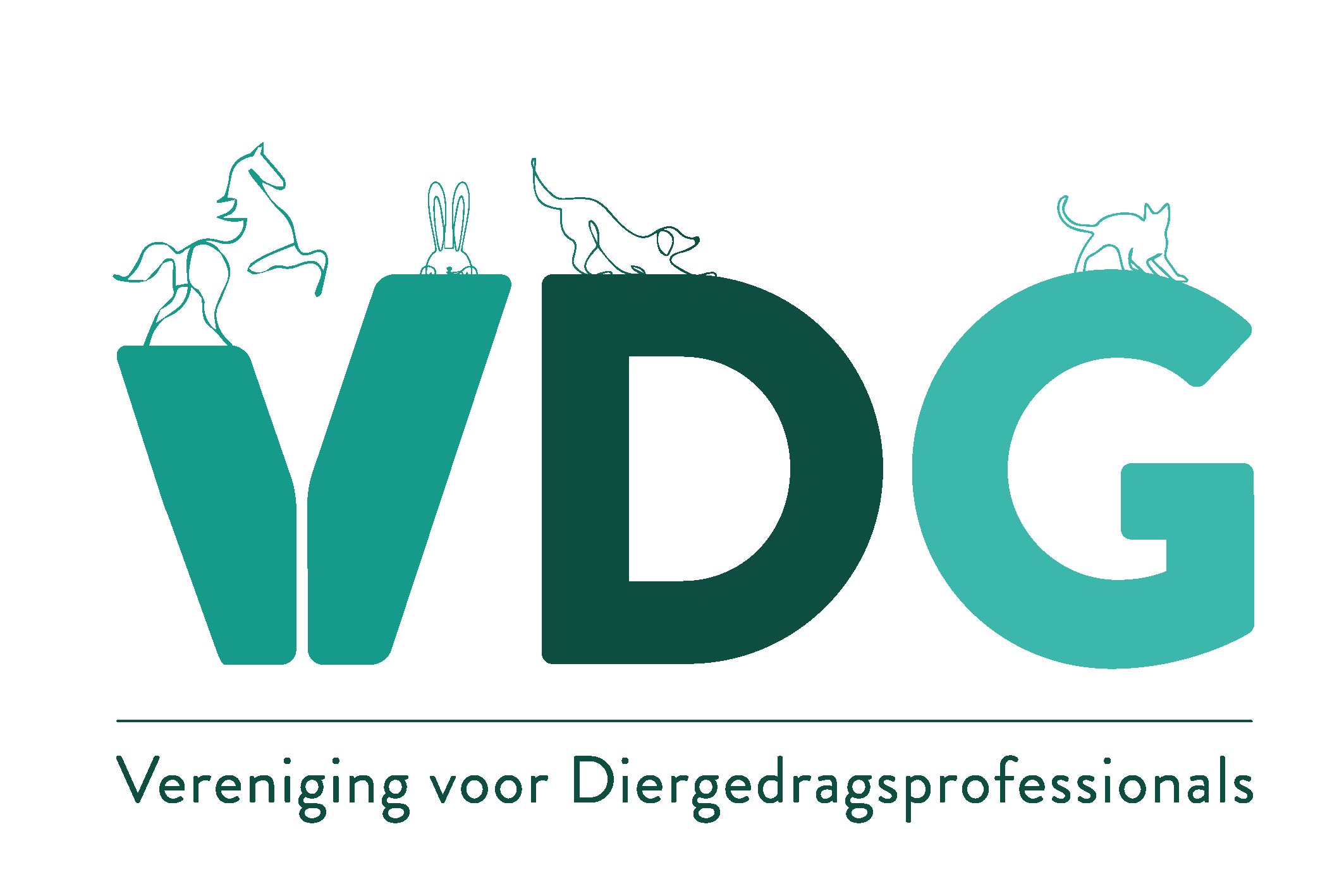Author: Evie Van Hove
To the annoyance of many... Your own dog barks a lot. Or your dog barks at passers-by, your dog barks at other dogs.... Or there's a barking dog next door....
Why do dogs bark?
Barking is often considered unwanted behaviour. Although it is actually just your dog using its voice. Of course, the degree of barking behaviour is also related to your dog's breed characteristics. A breed that is meant to guard property will turn to barking more quickly than, say, a hunting dog that should especially not bark when the game is yet to be shot.
Is barking innate or learned?
Excessive barking behaviour can also be learned - unintentionally - during puppyhood. A puppy will try anything to get his owners' attention, including barking. When he learns that his barking does get a reaction - positive or negative - he is in fact rewarded for this behaviour. The rule states that ‘behaviour that is rewarded will be repeated in the future’. And negative attention is also attention.
"Behaviour that is rewarded will be repeated in the future."
So: persistent barking is (usually) learned?
This also immediately explains why a dog that barks every time someone passes by the garden fence keeps repeating it. This is because he is always successful, because every time he has successfully barked that person away! More so, if his owner calls out to him from the house to stop barking, he will feel reinforced in his behaviour and try even ‘harder’ next time.
The early bird catches the worm!
So important to prevent excessive barking is to ignore your pup when he tries barking to get your attention. It is best to count to five in your head after the barking has stopped to break an association with his barking behaviour and your attention so that no behavioural chain is created and he is NOT rewarded for barking.
Although a barking dog can get on your nerves quite a bit, don't forget that your dog only has a limited number of ways to communicate with you, and so his voice is one of them. So, for example, do not teach a guard dog not to bark at all, but let him guard and express his natural behaviour for a while and then tell him that enough is enough or distract him to stop barking.
If unlearning your dog to bark goes more difficult than expected, you can always call in a dog behavioural therapist or accredited puppy coach to help you with this!
Evie Van Hove is PgD Clinical Animal Behaviour, certified puppy coach, dog trainer and behaviour coach. She has been business manager of Pettherapy.be since 2021.





